Abu Dhabi to be the first city with a fully driverless robotaxi service outside the U.S.
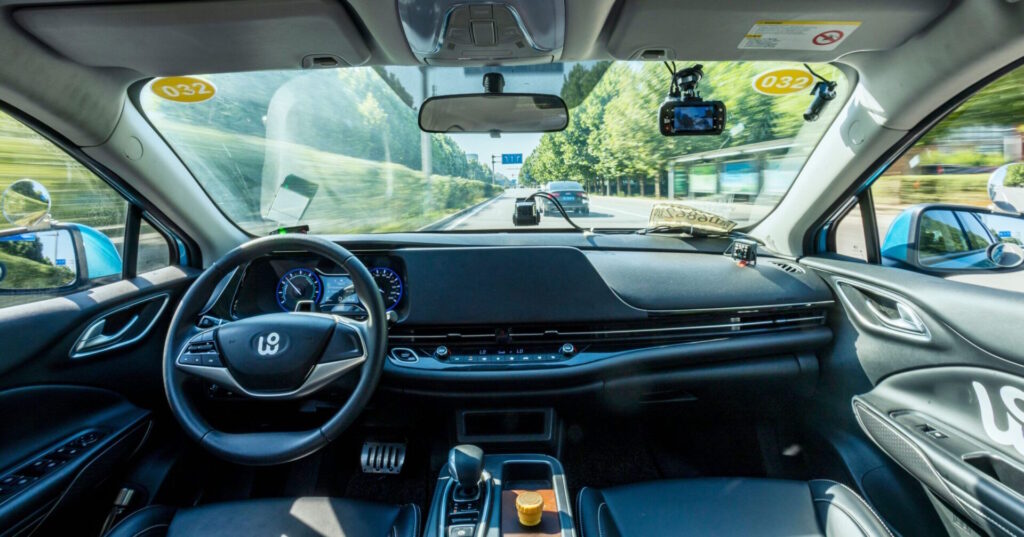
Author | Lucía Burbano Abu Dhabi has become the first city outside the US or China to deploy a fleet of robotaxis, i.e., a type of autonomous vehicle specifically designed to provide passenger transportation services without a human driver on board, joining both countries in leading autonomous vehicle development. This move is strategic, as when […]
AI tools improve solar forecasting for the UK’s energy system operator
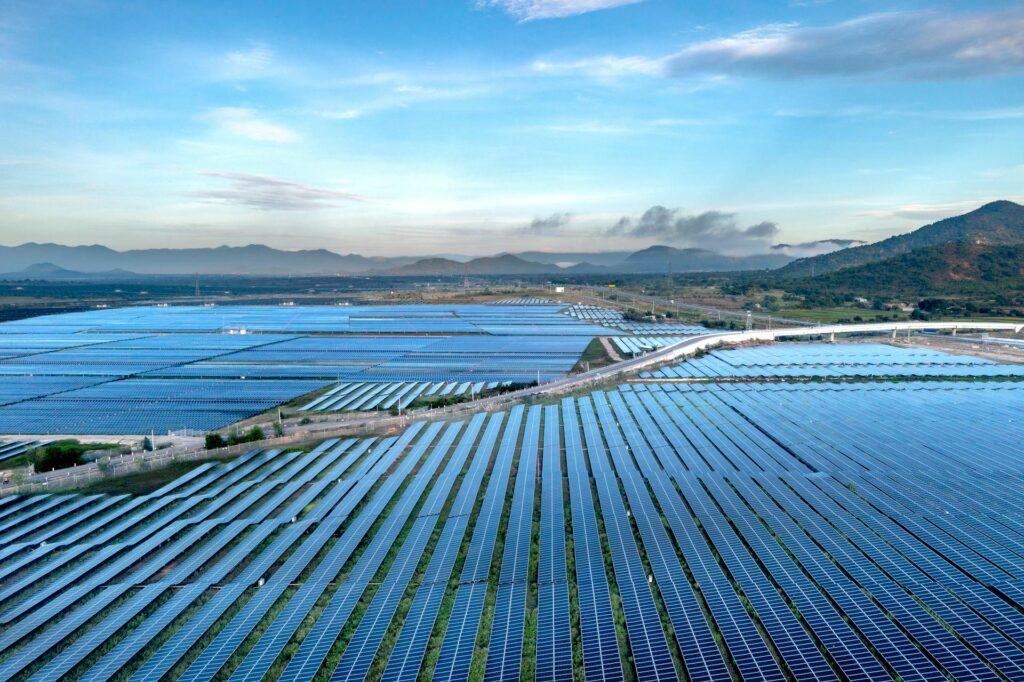
Author | Elvira Esparza The United Kingdom has improved its photovoltaic production forecasting with the use of Quartz Solar. This suite of AI tools enables more efficient grid management, as well as lower costs and reduced carbon emissions. The United Kingdom’s energy system operator, Neso, has begun using the AI-powered Quartz Solar tool to forecast […]
What life is like in Chongqing, the largest city in the world

The megacity of Chongqing is the largest city in the world by population. In its center, residents are stacked in skyscrapers like beehives, some of which are so compact that residents can even chat with their neighbors in the apartment in front without even shouting.
Smart Ports & Smart Cities: Building a Resilient Urban Waterfront

The world is changing fast. Generational shifts, AI and new tech are redefining life and work – with cities as living labs of innovation. In her light-hearted yet insightful style, futurist Nikki Greenberg reveals what 2050 could look like, sharing global examples of tech transforming cities. Expect energy, vision and strategies to build future-ready, human-centered and inspiring places.
Shore Power Solutions: Powering the Future of Clean Port Operations
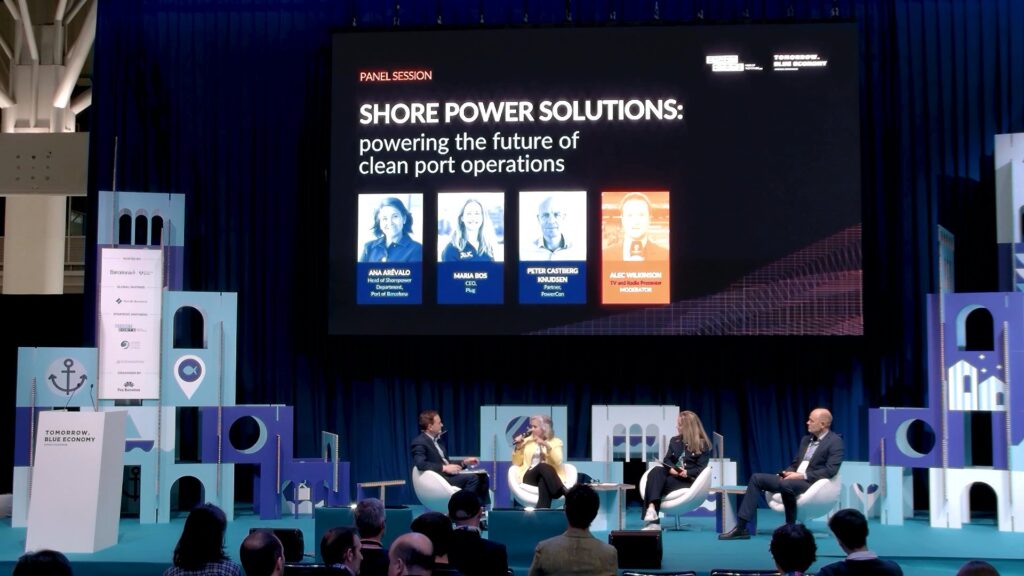
The world is changing fast. Generational shifts, AI and new tech are redefining life and work – with cities as living labs of innovation. In her light-hearted yet insightful style, futurist Nikki Greenberg reveals what 2050 could look like, sharing global examples of tech transforming cities. Expect energy, vision and strategies to build future-ready, human-centered and inspiring places.
The Road to Net Zero: Challenges, Milestones, and Lessons Learned
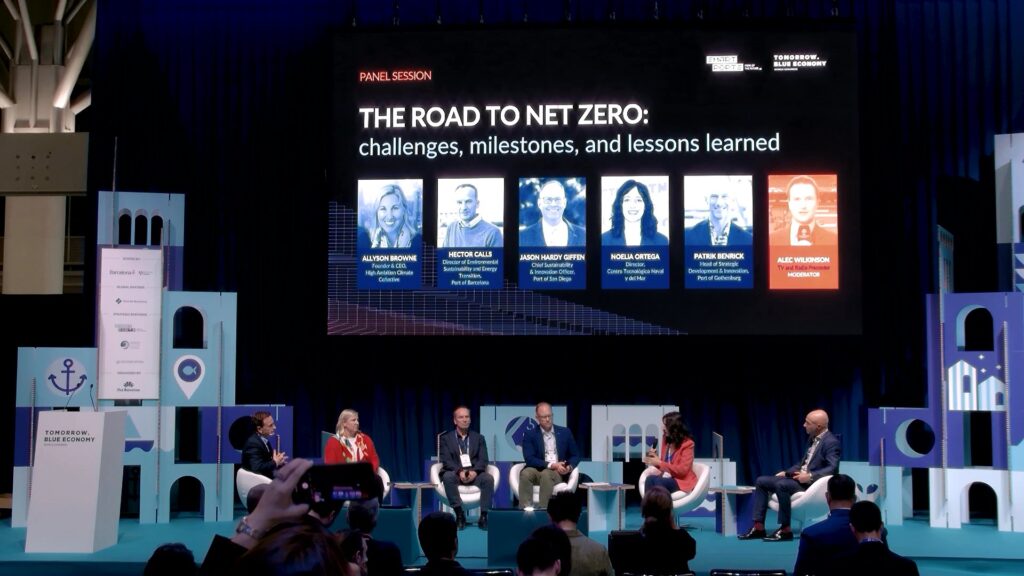
The world is changing fast. Generational shifts, AI and new tech are redefining life and work – with cities as living labs of innovation. In her light-hearted yet insightful style, futurist Nikki Greenberg reveals what 2050 could look like, sharing global examples of tech transforming cities. Expect energy, vision and strategies to build future-ready, human-centered and inspiring places.
Cybersecurity Without Borders: Securing Smart Ports in a Hyper-Connected Global Trade Ecosystem
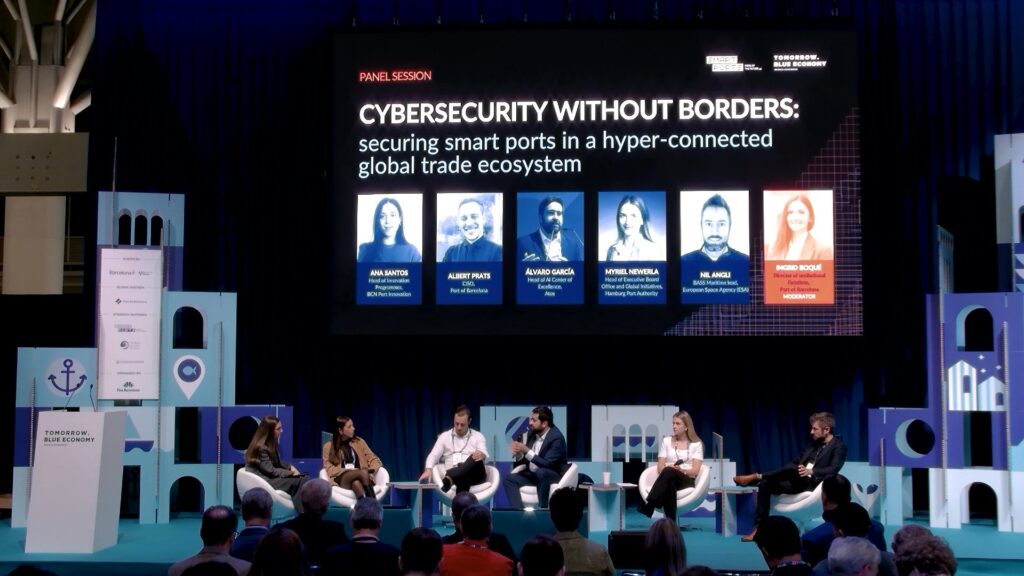
The world is changing fast. Generational shifts, AI and new tech are redefining life and work – with cities as living labs of innovation. In her light-hearted yet insightful style, futurist Nikki Greenberg reveals what 2050 could look like, sharing global examples of tech transforming cities. Expect energy, vision and strategies to build future-ready, human-centered and inspiring places.
Port 5G: Unlocking the Power of Next-Gen Connectivity
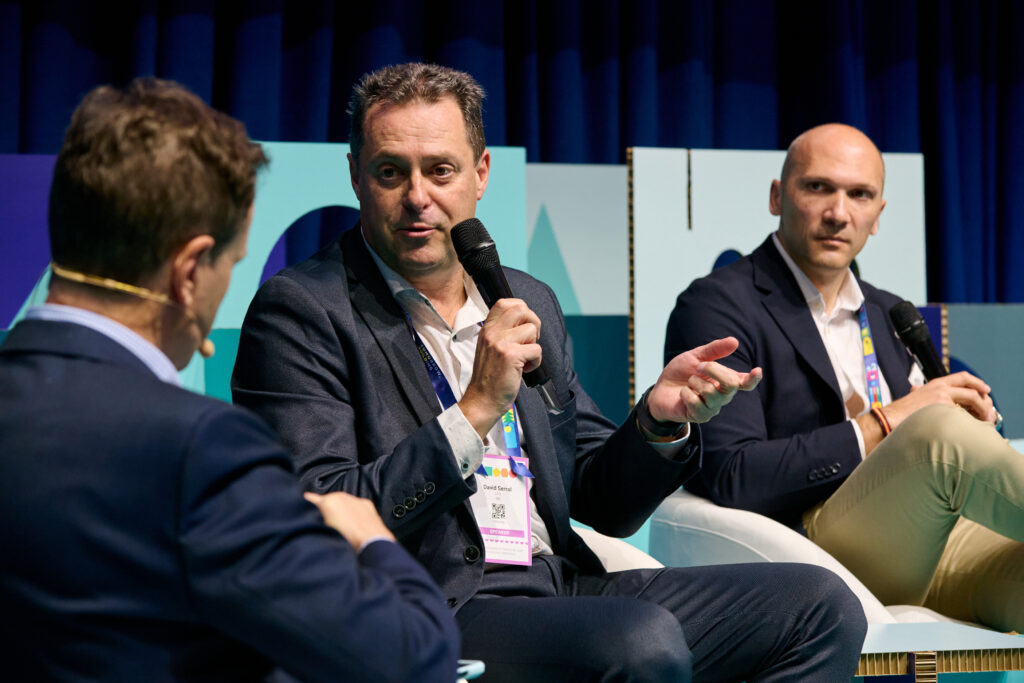
The world is changing fast. Generational shifts, AI and new tech are redefining life and work – with cities as living labs of innovation. In her light-hearted yet insightful style, futurist Nikki Greenberg reveals what 2050 could look like, sharing global examples of tech transforming cities. Expect energy, vision and strategies to build future-ready, human-centered and inspiring places.
Navigating Market Uncertainties in Global Port Operations
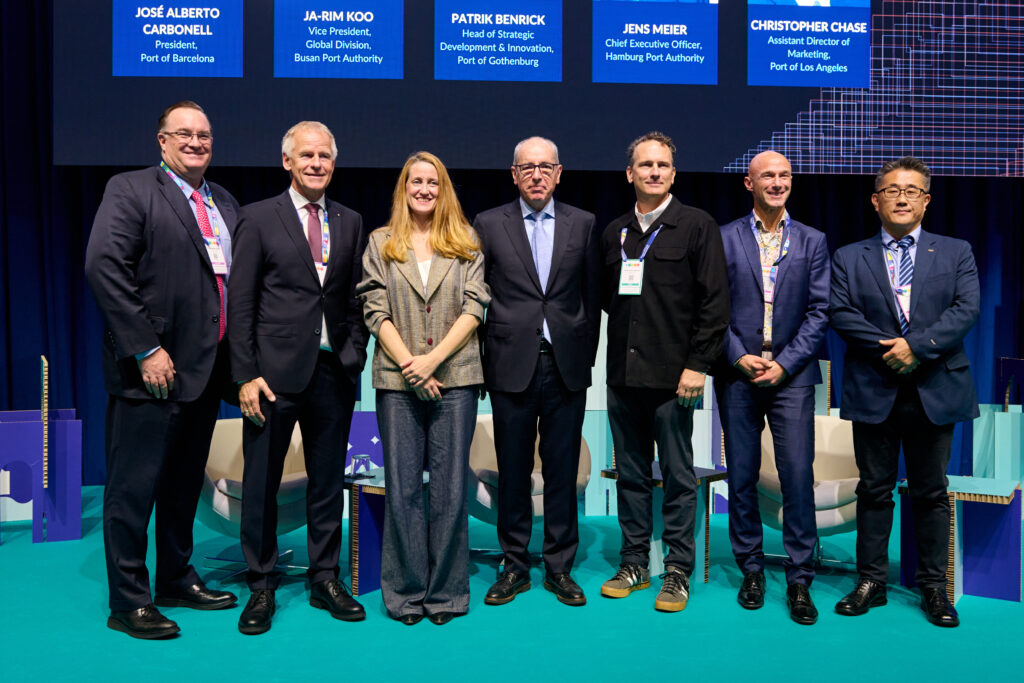
The world is changing fast. Generational shifts, AI and new tech are redefining life and work – with cities as living labs of innovation. In her light-hearted yet insightful style, futurist Nikki Greenberg reveals what 2050 could look like, sharing global examples of tech transforming cities. Expect energy, vision and strategies to build future-ready, human-centered and inspiring places.
Innovating for the Planet: Cities Leading the Eco-Tech Revolution
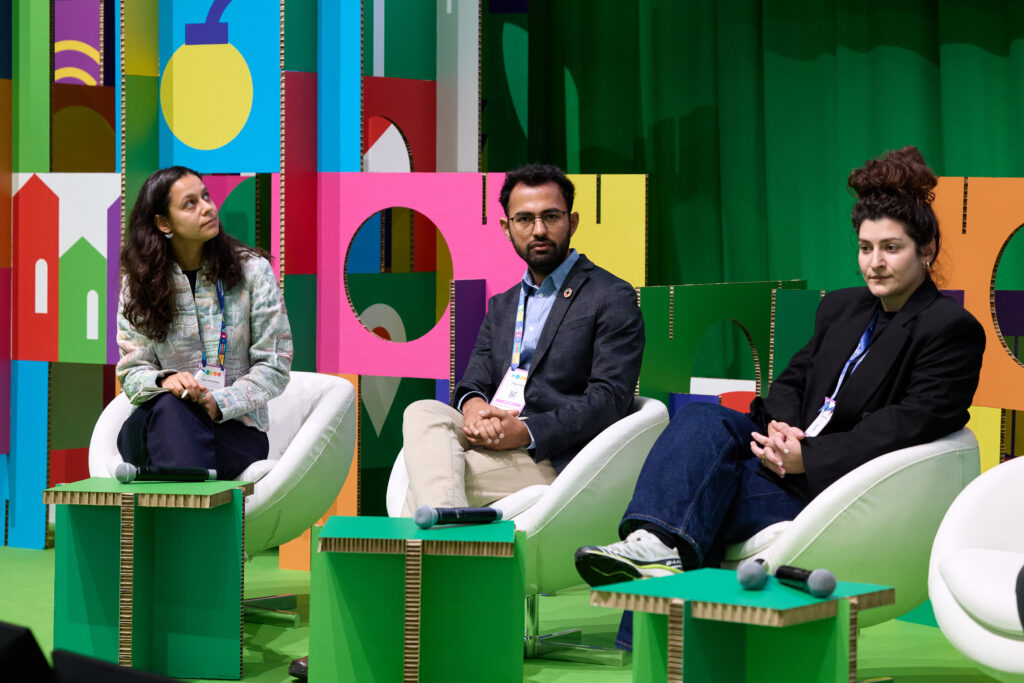
The world is changing fast. Generational shifts, AI and new tech are redefining life and work – with cities as living labs of innovation. In her light-hearted yet insightful style, futurist Nikki Greenberg reveals what 2050 could look like, sharing global examples of tech transforming cities. Expect energy, vision and strategies to build future-ready, human-centered and inspiring places.